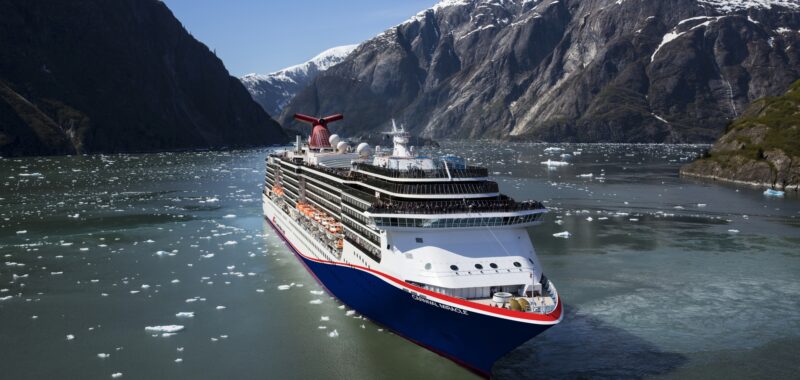Skift Take
Today’s podcast looks at Carnivalâs Alaska growth, a big fundraising haul for startups, and Singaporeâs growth at the expense of Hong Kong.
Good morning from Skift. Itâs Tuesday, October 1, and hereâs what you need to know about the business of travel today.Â
Listen Now
ð§ Subscribe
Apple Podcasts | Spotify | YouTube | RSS
Episode Notes
Carnival Corp. said demand for travel to Alaska is âoff the charts,â writes Global Tourism Reporter Dawit Habtemariam.
Carnival CEO Josh Weinstein said Alaska has emerged as one of the cruise lineâs top destinations in 2024, especially for first-time cruisegoers. Weinsteinâs comments came as residents in the state capital Juneau are voting on a measure that would ban large cruise ships from docking in the city on Saturdays and the Fourth of July.
Meanwhile, Carnival is seeing no signs of a consumer spending slowdown – itâs been able to charge higher prices and maintain strong bookings into 2025.
Next, 13 travel startups have raised over $600 million in venture capital over the past two weeks, writes Travel Technology Reporter Justin Dawes.
Dawes notes two of this yearâs 10 biggest startup fundraises have happened during the same period. Renewable jet fuel production startup Twelve raised $200 million. Twelve also secured $400 million in project equity, which will go toward building production facilities. This is one of the largest financing rounds for a sustainable aviation fuel startup to date.
In addition, business travel platform Engine raised $140 million. The company said the funding would go toward product development.
Finally, Singaporeâs hotel market is surging ahead of Hong Kongâs. Senior Hospitality Editor Sean OâNeill examines the rivalry between the two Asian travel hubs.Â
OâNeill notes Singapore has sought to attract marquee live entertainment and high-profile sporting events, as well as luxury travelers. Singapore saw its hotel occupancy soar to a March record of 83% this year in large part due to a series of Taylor Swift concerts in the city-state.
As for Hong Kong, OâNeill reports itâs grappling with a softer corporate market due to a shift of offices to other cities in recent years. In addition, Hong Kongâs luxury sector has been hit hard as a growing number of Chinese consumers have been pulling back on luxury retail shopping.

